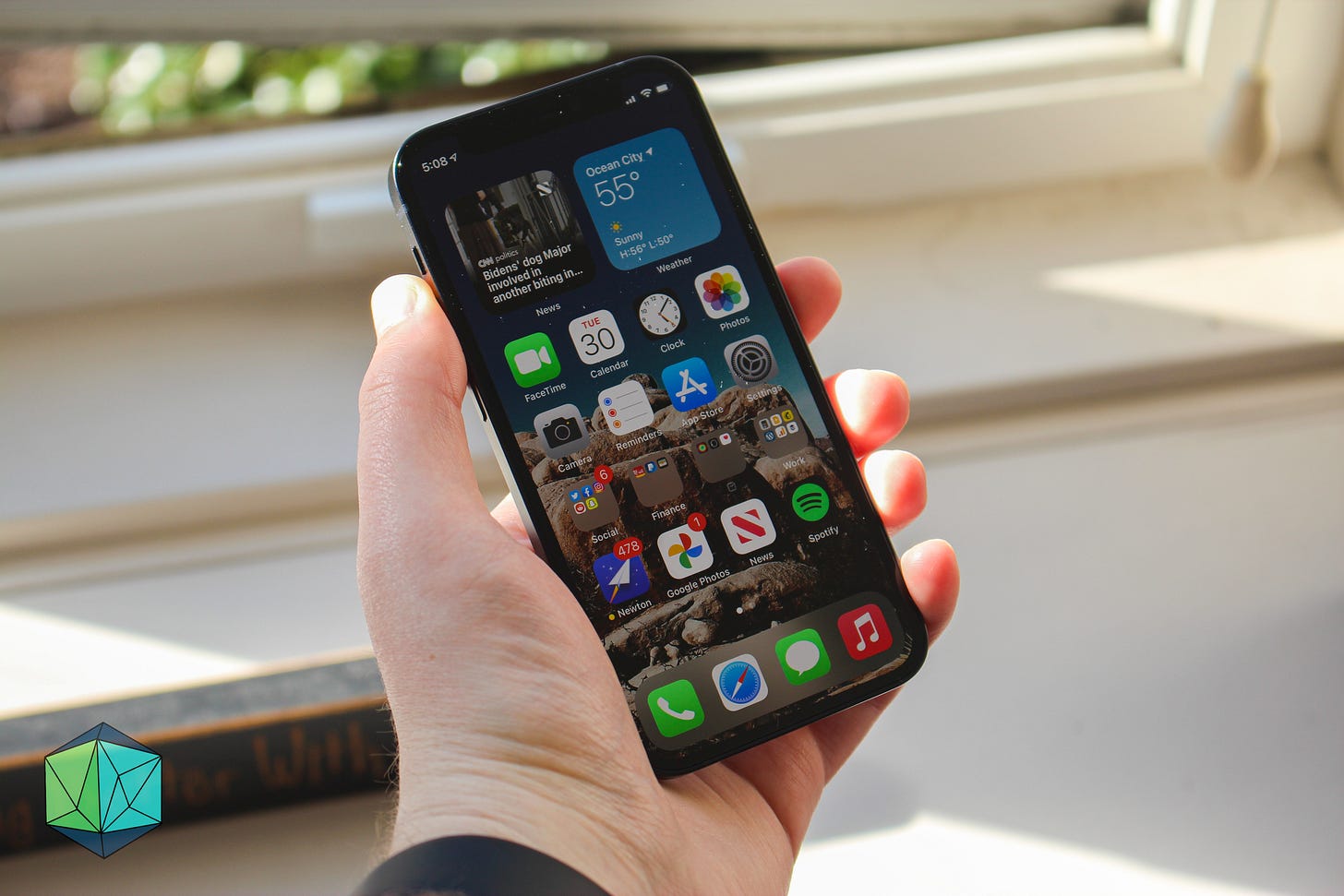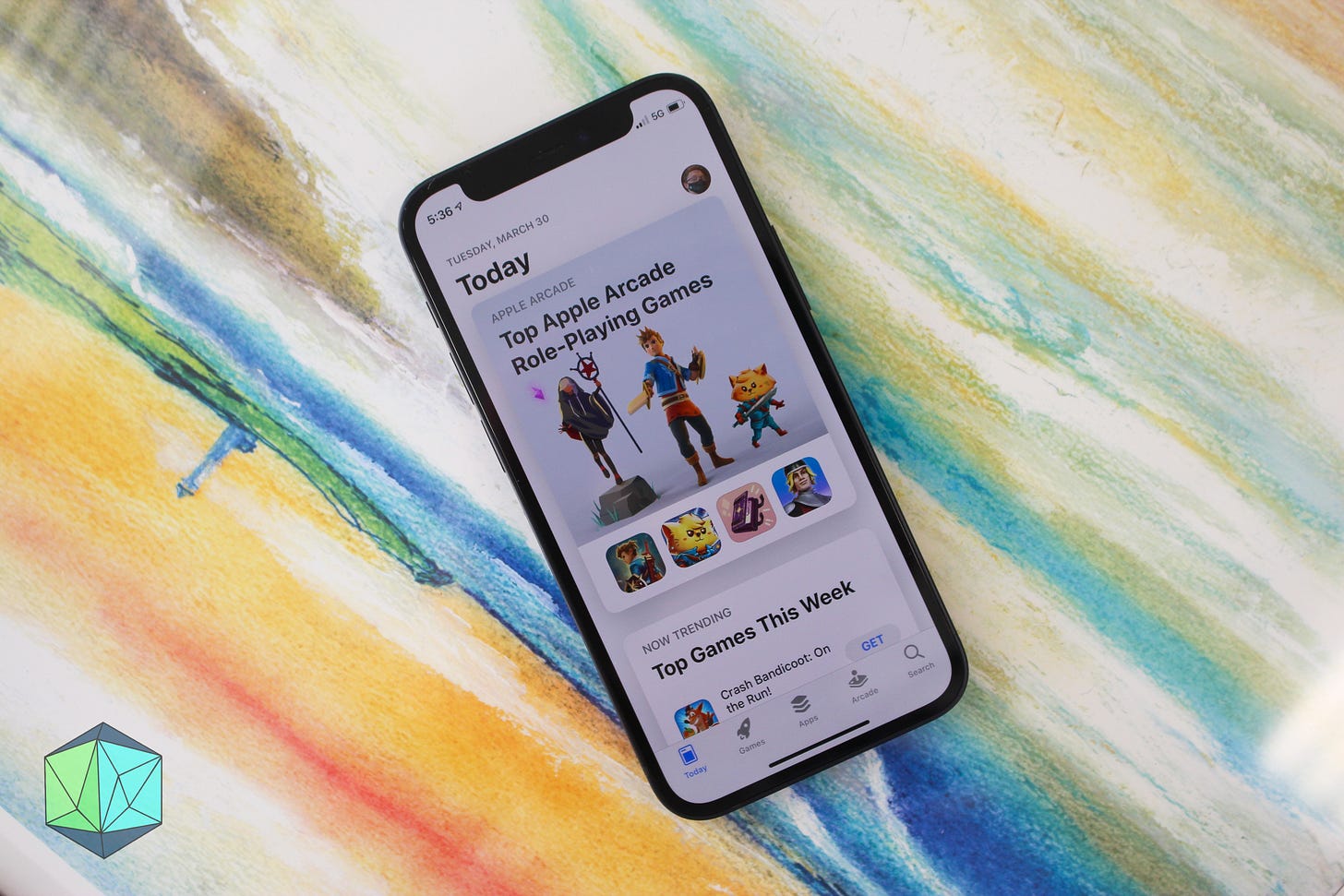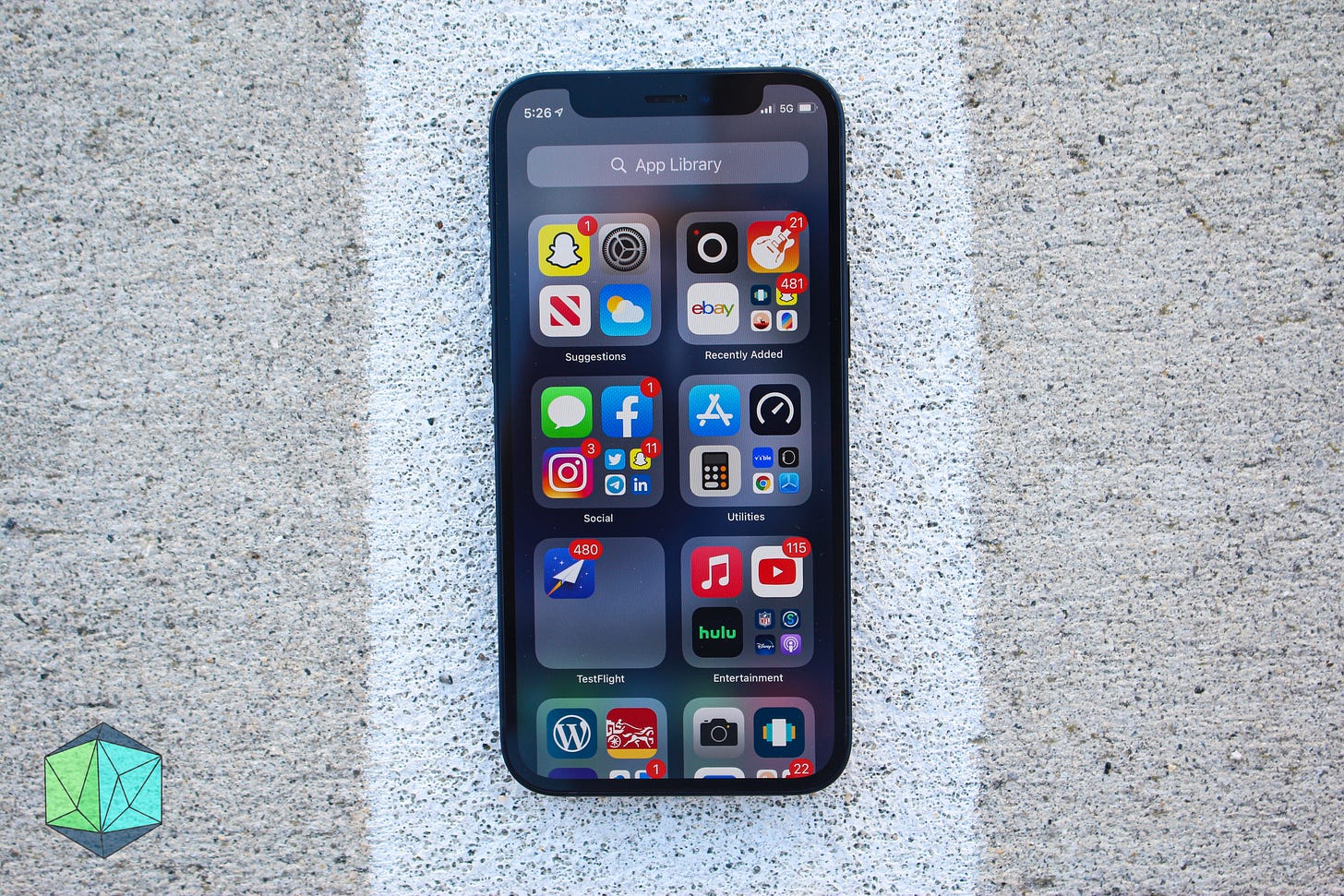The biggest shakeup between Apple and app developers is here
A huge judge ruling in the Apple v. Epic trial has resulted in an injunction which will force Apple to let developers use third-party payment systems in their apps. Here's why it's such a big deal.
If you were on the internet at all yesterday or happened to be watching cable news in the afternoon, you probably saw all the headlines and stories pertaining to a new judge ruling in the Apple v. Epic case, ending the . This court battle has been going on for months and months, and today it hit its biggest milestone yet.
Back and forth, Apple and Epic have been arguing over the App Store, whether the former is a monopoly that’s too big for any sort of competition - basically anything and everything you fear about Apple, Epic’s been doing its best to highlight it and encourage the court to take action.
One of the biggest issues Epic has had with Apple is its strong hold on who gets to collect payments through apps on the App Store. If, for example, you want to pay for an upgrade in a game or a subscription to a streaming service, developers are forced to use Apple’s own In-App Purchase system which would give Apple a 30 percent cut on any revenue generated through it.
Many companies, particularly big companies like Netflix and Epic, refuse to use the system for that very reason. If you download Netflix to your iPhone and you don’t have an account, you’ll be asked to visit a web browser to sign up/subscribe. Netflix and many others simply aren’t interested in being forced to be taxed by Apple.
Since the dawn of the App Store, Apple hasn’t let app developers integrate their own payment system for processing transactions, and going forward, it looks like that won’t be changing. However, the judge’s ruling in the case will allow third-party apps to suggest other methods of payment for the first time ever.
This is a bit complicated, so here’s basically how the ruling works.
Up until now, Apple hasn’t let app developers say “Hey, we know you want to buy this thing in our app. Here’s a button/link/thing you can tap which will take you to place where you can buy that thing.”
The judge ruling, confirming the court’s stance that Apple isn’t a monopoly, comes with a permanent injunction that basically tells Apple to knock it off.
Now, if an app wants to link to something external to process payments, they can do that and Apple has no right to block the submission of those apps to the App Store.
With this ruling, Apple and Epic’s fighting comes to an end. The changes Apple will have to make to its App Store, however, are just beginning.
In the text of the injunction, the court specifically mentions “prohibiting developers from including in their apps and their metadata buttons, external links, or other calls to action that direct customers to purchasing mechanisms.” The Verge has already covered the “What Is A Button?” angle, but it’s an important one to point out.
Apple’s guidelines for developers specifically state you can’t include “metadata buttons, external links, or other calls to action that direct customers to purchasing mechanisms.” That all goes out the window, but the company will obviously try to weasel its way into justifying the banning or prohibition of an app from entering the App Store.
Developers are also bound to get crafty with how they hide these links. Will games have virtual stores with pop-up boxes powered by external web browsers that automatically display that particular developer’s desired transaction system? Will shopping apps have to include a big button with a shopping cart on it? Will you be able to (literally) link to a payment system in the description of your app and avoid any conflict between Apple and your app directly?
While plenty of rules and regulations will change with this ruling, some things won’t. Apple won’t be any less successful than they are now, obviously. Not every app will ditch the company’s In-App Purchases system because they can legally link to another one. However, it will redefine how much power Apple has over its own App Store and where their control will lie in the future.
The fight isn’t over for developers who don’t find Apple’s tight restrictions particularly appealing. While this injunction is pretty monumental, it could very well be just the beginning of further regulations coming down the pike.





